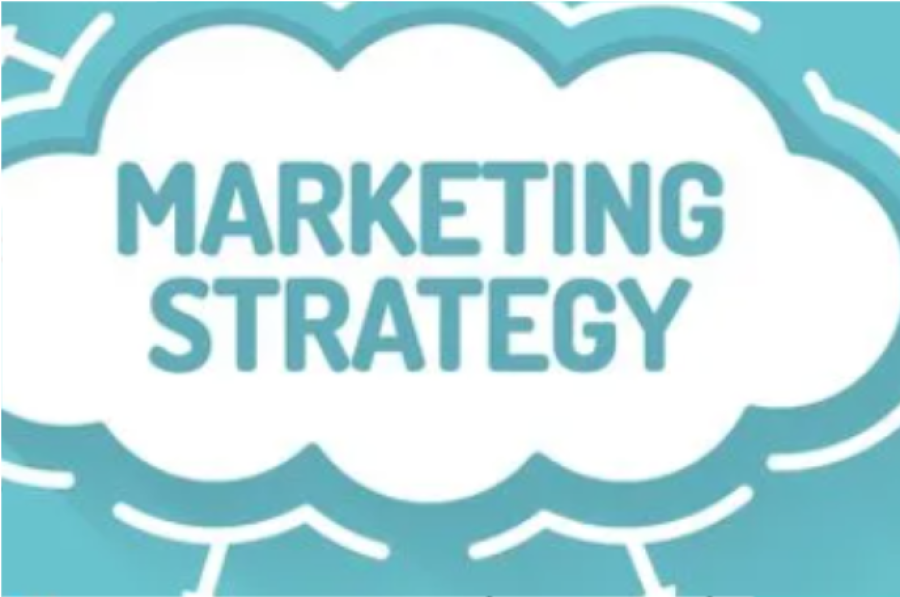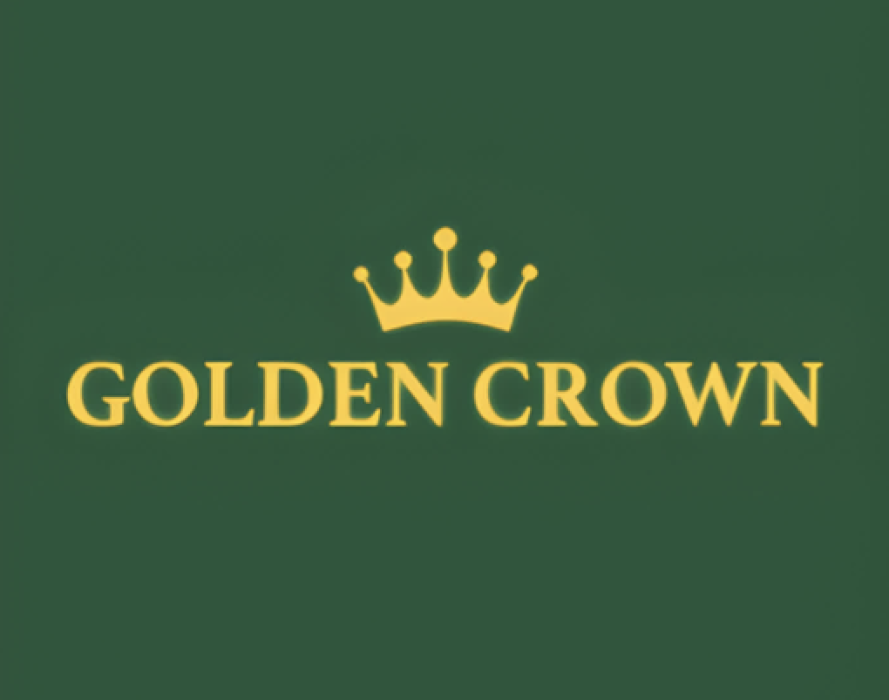The way we learn about marketing is shifting. Technology is moving fast and people are buying stuff in new ways, so the industry has to adapt. To prepare students for marketing, schools must adapt. They need to update their classes and teaching styles to keep up with the field's changes. This article looks at what's next for marketing education. It talks about how digital marketing, tech, what consumers want, and working with industry pros are changing things.
The Rise of Digital Marketing Strategies
Integration of Digital Skills
Businesses rely more on digital channels to reach consumers. So, marketing education must prioritize digital strategies. Colleges are now teaching social media marketing. They're also covering search engine optimization, content marketing, and data analytics. Take Harvard Business School, for instance. They have a class on digital marketing strategy. It gives students the skills to navigate the digital world.
Real-World Applications
Digital marketing education emphasizes real-world applications. Wharton School at the University of Pennsylvania and other institutions teach with case studies. They team up with big companies like Google and Facebook to give students real-world experience. This way, students get to work on actual digital marketing campaigns.They apply theory to real situations.
Technological Advancements Impact
Artificial Intelligence and Machine Learning
New technology, especially AI and machine learning, is revolutionizing marketing education. AI tools enable personalized learning and predictive analytics, empowering students to delve deeper into complex marketing data. Stanford University’s Graduate School of Business integrates AI into its marketing courses, preparing students not only with theoretical knowledge but also with practical skills essential for leveraging these technologies in their future careers. As students engage with hands-on projects and real-world applications, they gain insights into how Artificial Intelligence and Machine Learning can optimize marketing strategies, underscoring the significance of staying updated with trends in the field, such as through reputable cheapest paper writing service that explore these advancements comprehensively. It can also help students get qualified help with their academic work.
Virtual and Augmented Reality
VR/AR technologies are also entering marketing education. The tools provide immersive learning. Students can use these simulations to try marketing campaigns. They can study how consumers engage with them in a safe space. The University of Southern California (USC) uses VR/AR. They use it to teach students about customer experience and engagement.
Understanding Consumer Behavior Insights
Data-Driven Decision Making
In today’s marketing landscape, understanding consumer behavior insights is crucial. Marketing programs now stress data-driven decisions. They teach students to analyze consumer data and predict trends. Northwestern University’s Kellogg School of Management offers courses. They cover consumer analytics and behavioral economics. They teach students to interpret and act on consumer data.
Behavioral Science Integration
Behavioral science is becoming an integral part of marketing education. Studying psychology and sociology helps students learn about what drives consumer choices. Schools, such as the London Business School, use behavioral science in marketing courses. This helps students understand consumer behavior.
Curriculum Adaptation Strategies
Agile Learning Approaches
To keep pace with industry changes, marketing education must adopt agile learning approaches. Updating our courses is an ongoing process. We've got to stay on top of the latest trends and tech. Check out MIT's Sloan School of Management - they continually enhance their marketing courses to stay current. This way, students learn the newest practices and tools.
Interdisciplinary Collaboration
Collaboration across disciplines enhances marketing education. Combining marketing with fields such as technology, psychology, and data science prepares students well. It readies them for the many parts of modern marketing. The University of California, Berkeley, promotes collaboration through joint programs. These programs are in marketing and data science.
Industry Partnerships
Establishing partnerships with industry leaders is essential for curriculum adaptation. Companies like IBM, Microsoft, and HubSpot collaborate with universities. They work to develop relevant course content and provide internships. These partnerships ensure that marketing education remains aligned with industry needs and trends.
Industry Integration Challenges
Keeping Up with Technological Change
One big challenge in marketing education is keeping up with fast tech changes. Schools must invest in new technology and train faculty to use it well. Balancing these investments with budget limits is hard. It requires strategic planning and resource allocation.
Bridging the Skills Gap
Another big challenge is bridging the gap between academic training and industry requirements. Employers often find that graduates lack practical skills and experience. To fix this, marketing programs are adding more experiential learning. This includes internships, co-op programs, and industry projects.
Ensuring Accessibility and Inclusivity
Ensuring that marketing education is accessible and inclusive is also a critical challenge. Universities must provide resources. They must also give support to students from diverse backgrounds, including those with disabilities. Online learning platforms and flexible courses can help. They make marketing education more accessible to a wider audience.
Future Trends in Marketing Education
Focus on Sustainability
Sustainability is a major deal in marketing education these days. Classes now include more discussions on sustainable marketing and corporate social responsibility. The University of Cambridge's Judge Business School offers a unique program on sustainable marketing. It teaches students to balance profit with social and environmental duty.
Emphasis on Ethical Marketing
Ethical marketing is another emerging trend. Consumers care more about ethics. So, marketing programs now include courses on ethics and corporate governance. The courses aim to prepare students to make ethical choices in marketing careers. They will foster trust and integrity in the industry.
Personalized Learning Paths
Students get a unique learning plan. It's designed just for them based on their needs and goals. More and more people are starting to appreciate this approach. Adaptive technology lets students learn at their own pace. They can focus on the areas where they need extra help. For instance, Arizona State University uses personalized platforms. They support students in staying motivated and excelling.
Conclusion: A Forward-Looking Perspective
To shape the future of marketing education, schools can use digital marketing and new technologies. They can also use consumer insights, updated curriculum, and industry hurdles. So schools can set students up for success in marketing, they need to jump on these trends and tackle the problems that come with them. Smart universities are preparing the next generation of marketers. They are getting them ready to thrive in an industry that's always on the move.









